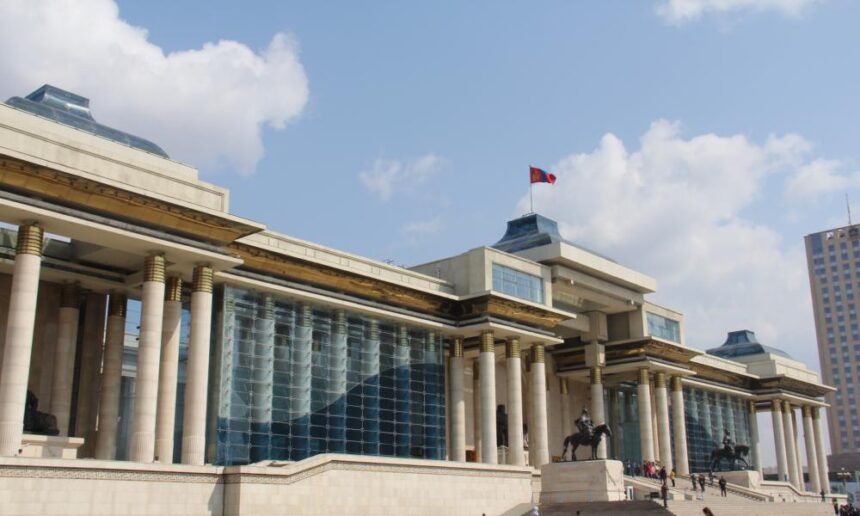We have believed that if a democratic country ensures transparency in civil service, glass accounts, and a firm accountability system for public servants, the society would naturally fix its faults as the performance of authorities would regularly be assessed through elections.
However, the 25-year history of our transition shows that such conditions are necessary, but not sufficient for establishing a democratic society and a market economy where everyone has an opportunity to grow and prosper.
Although Mongolian intellectuals have been striving to determine the sufficient conditions, there has not been any common agreement or formulation of solutions yet. A potentially good answer was proposed by Professor Paul Collier during an international conference recently held at the University of Oxford in England. After further exploring his idea, I wanted to share it with you.
CONDITIONS FOR NATURAL RESOURCES TO BECOME A BLESSING
The Natural Resource Governance Institute (NRGI), a non-profit organisation, held its first international conference in Oxford, England. As Mongolia is a member of the institute, representatives from our government and civic society attended the conference.
NRGI was previously called Revenue Watch. Since being founded, they have been working together with the Extractive Industry Transparency Initiative by sharing knowledge and experience, and disseminating information in order to assist countries rich in oil, natural gas, and minerals in better managing their resources.
Natural resources are not created by individuals, but are formed by nature. Therefore, the benefits from natural resources must help everyone in that country build a prosperous life. Natural resources are not meant to serve the interests of a small number of people who have power and authority.
This is why NRGI believes that everything the government does, especially the issuance of permits and the development of laws regarding natural resource exploration, extraction, and processing, their financial information, cash flow, and compliance with relevant requirements and standards, must be transparent. There ought to be accountability at every level.
When the government fails to put these measures into place, only the authorities (a small number of people who have decision making power) get wealthy while the general population becomes poorer.Professor Collier took Nigeria and Ghana as examples.
Such countries spend a great amount unnecessarily when their budget revenue is high. If the revenue gets low, they raise huge foreign loans by issuing bonds. As they do it again and again, when they are not in a position to repay their loans, the government eventually becomes unable to make payments due too much debt. In these countries their natural resources become a curse.
Professor Collier said that in order to turn natural resources into a blessing rather than a curse, the government must be transparent and accountable, but also, the society must be able to learn. He talked about Western European countries, including Germany, to demonstrate that countries who have better social learning have developed more sustainably.
THE RESPONSIBILITY OF SOCIETY
It was a Stanford professor, Albert Bandura, who first developed the social learning theory. He defined social learning as a cognitive process where a society changes its behaviors and adapts to new conditions as a result of observations and needs.
Through a cognitive process, an individual starts developing from a young age, accumulates knowledge and education, learns from mistakes, changes behaviors, and keeps growing. A society follows the same process.
Social learning can take place on the basis of observing the behavior of others, adopting a behavior, or not adopting it. The theory explains that social learning happens as a result of observing the real life examples of other countries, a direct instruction in a specific situation, or in a symbolic manner where real or fictional characters can be stimuli.
In any case, the development of our country, including whether we end up making the best use of our natural resources or not, heavily depends on our social ability to learn, continue doing what is going well, and make a change if things are not going so well. It is time to have a serious discussion about how the development of an individual is closely connected to the development of a society, thus a country.
It is a most decisive time for Mongolia today. The choice between ending up as a country like the Philippines, where the wealth is owned by only a few families, or becoming a democratic, developed country where the wealth is owned by its people will depend on the public’s responsible and informed involvement.
2015.07.01












